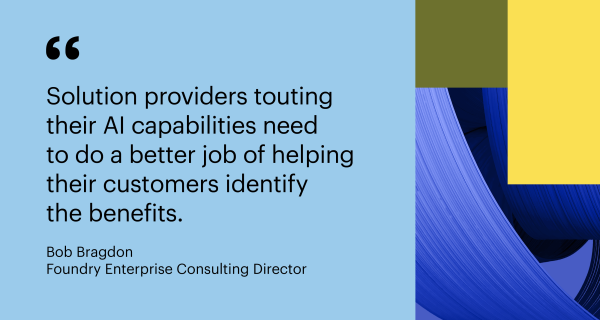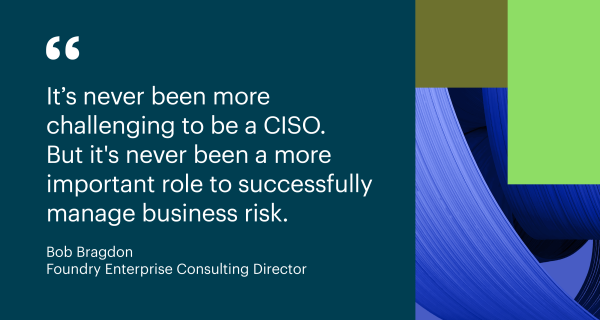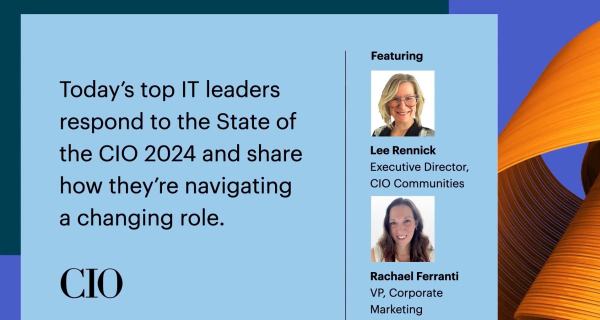In the 18 years since we launched CSO magazine, we have kept a close watch on crisis situations – part and parcel of the risk management discussion we guide our readers through. In 2002/3 it was SARS. In 2006/7 it was all about pandemic planning as businesses braced for Avian Flu. After that is was Swine Flu, MERS, Ebola and so on. In each of these cases the discussions were focused on how businesses could maintain operations while protecting their employees. What was left out of that conversation was a specific discussion of how businesses should be marketing themselves and driving sales during a crisis that is widespread and beyond their control.
Guiding marketing in support of sales during an extended crisis, like we are going through with coronavirus (COVID-19), is a delicate dance bounded by the goals of keeping the business operating while protecting your employees and being respectful to the needs of your customers. What any sales and marketing organization has to ask themselves is: how are we going to drive business and engagements during this crisis? I just returned from hosting a CSO Dinner as we were witnessing big companies, one after the other, implement travel bans and send their employees home for the rest of March. At this gathering of security leaders – the individuals who manage risk for their organizations – there was general agreement that, while this might be an overly cautious approach, this was the reality that they were having to deal with. For CISOs, these new operational dynamics introduce a whole new level of complexity when managing information risk, as well as a whole new set of threats as we’re seeing an uptick in external attacks across the board.
For those businesses providing technology and/or security products and services, curtailing your go-to-market initiatives during a crisis is really not an option. You need to keep your pipeline moving and you need to understand that, just because your clients are being impacted, sometimes significantly, it doesn’t mean that they don’t need solutions to their technology and risk challenges. They may need your help now, more than ever before. So, how do you keep your sales machine humming along?
In a crisis, many of the traditional marketing channels leveraged on an average day can still deliver great returns for your business – demand gen, content marketing, etc. But as you move a prospect down the funnel, you run into the one channel that is coming under the most scrutiny right now: face-to-face events. These programs are important elements of any sales pipeline from the top of the funnel to the bottom, and their absence can most definitely impact sales.
When I discuss events with security and IT leaders, even ones at companies that have implemented travel restrictions, they recognize the importance these events play in helping them solve their problems and share best practices. They also voice a clear preference for smaller events during the duration of the crisis:
- Regional and Local events (under 25 attendees) reduce the risk of transmission and still provide an opportunity to drive business, thought leadership and pipeline development because of the smaller number of people who attend, the intimate nature of the events, and the lack of travel needed to get to them for both attendees and vendors.
- As the threat wanes, Larger Regionals (25 – 125 attendees) and Smaller National events (under 500 attendees) will come back onto the docket as people become more comfortable with travel and larger gatherings.
- Tradeshows, however, will likely take much longer to recover simply because of their scale – thousands of people traveling from hundreds or thousands of locations, often internationally.
- For every event that was on your calendar but was postponed, cancelled, or your company is choosing not to attend, you’ll need to decide how to achieve the same marketing objectives by using a different vehicle or channel. For example, if that large, national tradeshow you were going to exhibit at is cancelled, and you had planned to get 500 leads from it, where will those 500 leads come from now?
My advice for security and IT vendors:
- Get smart about your marketing and focus on helping your customers address the unique challenges they have, brought on by the current situation. While the evolving workplace and marketplace dynamics are creating challenges for businesses, they can also create opportunities for solutions providers.
- Don’t abandon your marketing channels entirely because of the crisis. They each play an important role in business development and you have them there for a reason. You may, however, need to adjust them to accommodate the new realities of operating in a crisis environment. Focus on the channels that allow you to have quality engagements with buyers – webcasts, and live streamed and virtual events that can combine education and lead gen, or smaller face-to-face events that don’t require travel – go where the buyers go, not where you hope they will be.
- Keep an eye on the market and trust your instincts. You’ll know when it’s time to scale back into larger and broader events.
Whether you’re a vendor producing your own events or you’re sponsoring events like those produced by IDG, be up-front with the audience. Let them know what precautions you’re taking to keep them safe. Most importantly take a lesson from CISOs and don’t give into FUD (fear, uncertainty and doubt) – in security we know FUD is a sure path to failure. Good crisis management can help your business build a stronger, more resilient organization that will allow you to weather any storm or crisis – large or small.
At IDG we offer solutions that can help you keep your sales & marketing teams moving forward, regardless of the crisis environment. For more information, contact us.




